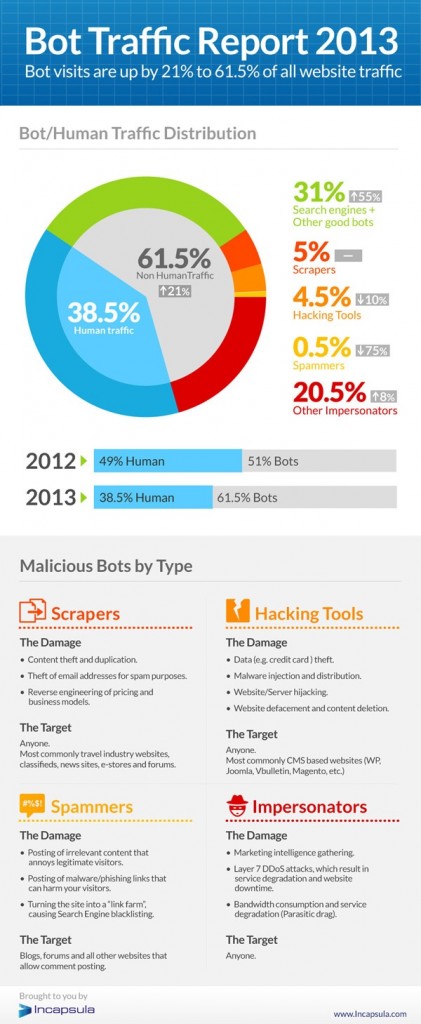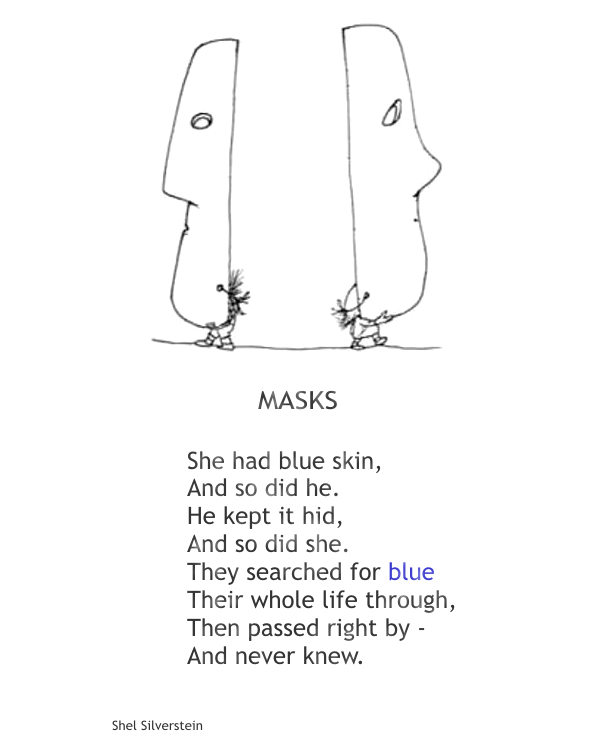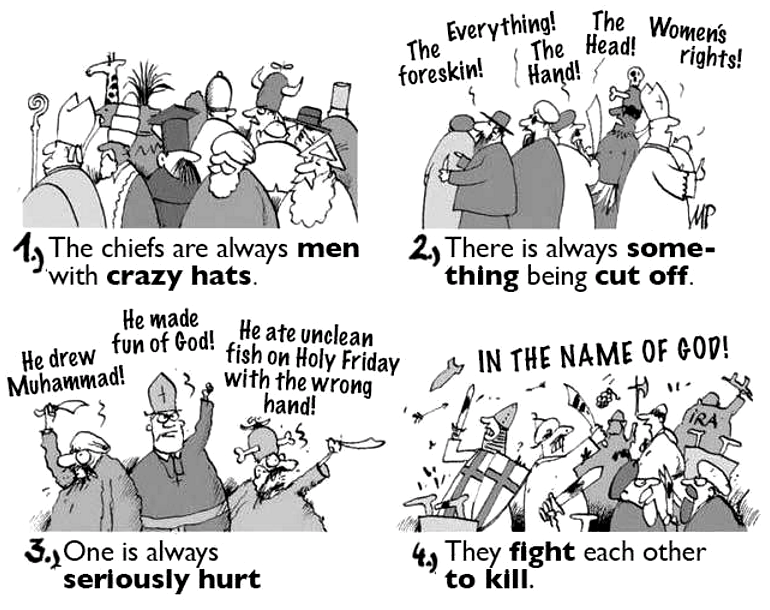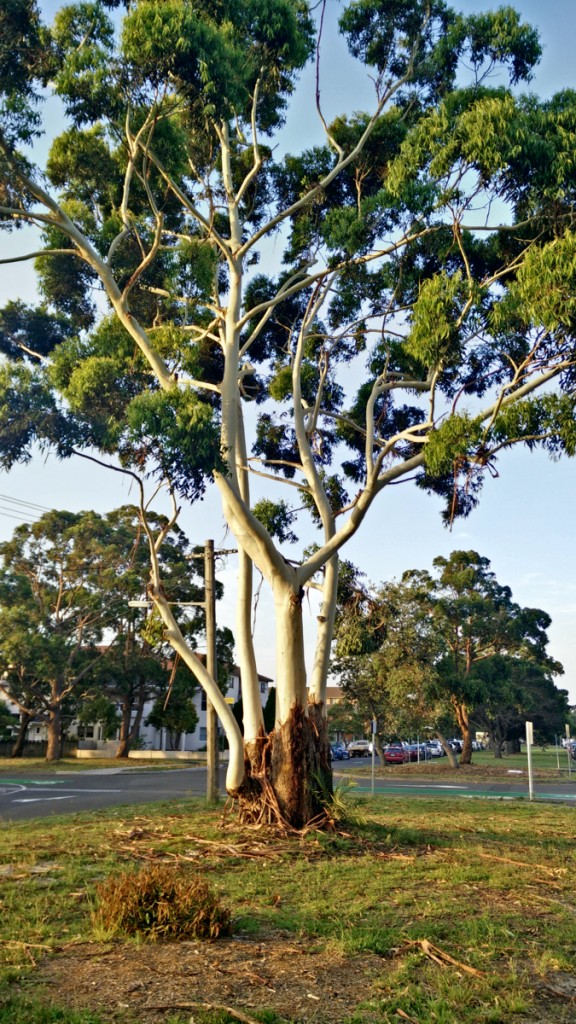Category: Stuff that matters
On renewal, and how to get there
The world’s crises represent three divides: ecological, social, and spiritual. The ecological divide manifests in symptoms such as environmental destruction, and is experienced as a divide between self and nature. The social divide manifests in increasing rates of poverty, inequity, polarisation, and violence and is experienced as a divide between self and self. And the spiritual divide is experienced as a disconnect between self and self — the “current self” and the “emerging future self”.
A disconnect between these two selves manifests as burnout, depression, and suicide. In 2010, more people died from suicide than from murder, war, and natural disasters combined. Suicide is not an economic problem or a generational tic. It’s not a secondary concern, a sideline that will solve itself with new jobs, less access to guns, or a more tolerant society, although all would be welcome. It’s a problem with a broad base and terrible momentum, a result of seismic changes in the way we live and a corresponding shift in the way we die around the world.
Another symptom of this disconnect is the decoupling of GDP from the actual well-being of people: we produce more, consume more, and are busier than ever before but our happiness and wellbeing are declining.
Third donkey
Be the third donkey you want to see in the world.
:,)
Love
George Michael “As”
(feat. Mary J Blige)
(an ode to my best friends who just married each other)
(despite my best efforts to talk them out of it 😉
Continue reading “Love”
Welcome 2016 :)
wearedb
at the base of every calculation and algorithm is still us. let's just see for how much longer. #wearedatabase
— iris herself (@irisherself) November 21, 2015
study that
in both languages
history written backwards
when the felt threshold is reached
what happened before that
The austerity delusion
theguardian.com/business/ng-interactive/2015/apr/29/the-austerity-delusion
Excellent Guardian article by Paul Krugman
May 2010, as Britain headed into its last general election, elites all across the western world were gripped by austerity fever, a strange malady that combined extravagant fear with blithe optimism. Every country running significant budget deficits – as nearly all were in the aftermath of the financial crisis – was deemed at imminent risk of becoming another Greece unless it immediately began cutting spending and raising taxes. Concerns that imposing such austerity in already depressed economies would deepen their depression and delay recovery were airily dismissed; fiscal probity, we were assured, would inspire business-boosting confidence, and all would be well.
People holding these beliefs came to be widely known in economic circles as “austerians” – a term coined by the economist Rob Parenteau – and for a while the austerian ideology swept all before it.
Continue reading “The austerity delusion”
On the fallacy of proud
exactly that:
DE: Stolz auf die Herkunft sein, OBWOHL man dafür nix kann, aber die Vergangenheit der Herkunft vergessen wollen, WEIL man nichts dafür nix kann.
EN: Proud on the heritage EVEN THOUGH not done anything about it, but want to forget the past BECAUSE have not done it.
Us and them
Jobs of tomorrow
Preparing for the jobs of tomorrow
Apr 25, 2014 - LinkedIn article by James Arvanitakis Professor of Social & Cultural Analysis· University of Western Sydney
It is obvious that the Australian economy is facing a number of adjustments. The closure of Ford and Holden, as well as the recent announcement of Qantas, highlights that the opportunities that once existed, no longer exist.
Continue reading “Jobs of tomorrow”
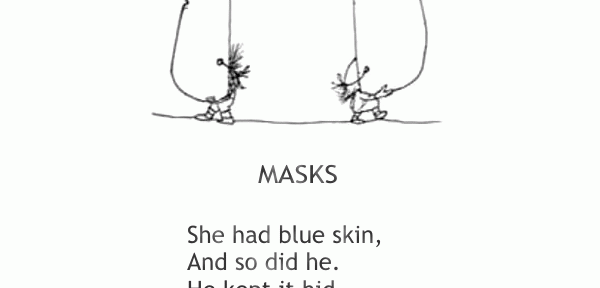
Blue skin
Lack of global governance
The biggest development challenges for the future stem not from lack of global finance but lack of global governance http://t.co/yom2PHVxNP
— Ilona Kickbusch (@IlonaKickbusch) May 1, 2015
Abbottsolutely hopeless
You have 4 weeks to check out the fab ‘Abbottsolutely hopeless’ poster by @magzarian – up in 64 Regent St Chippendale until end of March
See at 64 Regent St Chippendale #abbotsolutelyhopeless pic.twitter.com/pbqpk6NfT1
— Abbottsolutelynot (@Abbottsolutely) February 23, 2015
The chiefs are always crazy hats
Elders
From 'Elders' with Andrew Denton and Rosalie Kunoth-Monks
http://www.abc.net.au/tv/elders/transcripts/s2757492.htm
ANDREW DENTON V/O: Rosalie was born in 1937, by a creek bed at Utopia Station, in the Central Australian desert. Her mother was a traditional tribal woman. Her father was of mixed heritage or in her words “three quarter German.” Two vastly different backgrounds, coming together, right from the start. She lived with her mother’s people for her first years; it was the place she felt she belonged.
ANDREW DENTON: What strengths do you think you inherited from your mum and dad?
ROSALIE KUNOTH-MONKS: Specially from Mum I think I inherited the stability and the capability of loving without smothering.
ANDREW DENTON: Mmm.
ROSALIE KUNOTH-MONKS: Mmm.
ANDREW DENTON: And your dad?
ROSALIE KUNOTH-MONKS: From Dad, I guess it was more the European things, I mean I remember he told us in language that we were going to a place called “school” and he picked up a book and he said “You will be able to talk from this book, you will read”. We looked at each other, my brothers and I, “What is ‘read’?” New word. And he said “From now on, for the next three or four weeks, you going to talk English, I’m not going to talk language to you, crash course in English”. Of course we went silent, we didn’t know very many words in English.
ANDREW DENTON V/O: Another key influence was Rosalie’s grandmother, Amelia. The matriarch of the family on her fathers’ side, Amelia had married a white man.
ROSALIE KUNOTH-MONKS: She experienced tremendous amounts of racism from her husband’s side of the family and she’d walked straight and tall, right in the midst of that in a small town such as Alice Springs. And I guess a lot of who I am today is due to my grandmother on my father’s side and also with my mother and her people out at Utopia.
ANDREW DENTON V/O: When Rosalie was 10, Amelia decided it was time for St Mary’s boarding school.
ROSALIE KUNOTH-MONKS: St Mary’s as a whole was to me foreign simply because I hadn’t seen so many children in one spot and the other thing was that they were all Aboriginal – black kids. And the other thing I think that struck me was that I had been told that prior to going to a place called “school” that I had to be boiled, to make me lighter or more white. So I thought, they’re going to boil all these kids plus my brothers and I and it was a very real feeling and it stuck with me for many years because, um, somehow right at the beginning my colour was not acceptable.
ANDREW DENTON: You must have been terrified.
ROSALIE KUNOTH-MONKS: I was, I was, yeah.
Read the complete transcript and watch the video here
My new neighbour
David Pope Charlie Hebdo
Can't sleep tonight, thoughts with my French cartooning colleagues, their families and loved ones #CharlieHebdo pic.twitter.com/LqIMRCHPgK
— David Pope (@davpope) January 7, 2015
Climate Change Denial Machine
The Koch Brothers & Their Amazing Climate Change Denial Machine
The new FU policy
Watch it. So worth the time.
Finally – a policy covering both humanity AND shareholders.
(and if you are not watching this you are being silly 😉 )
Please go change the world
He wrapped up his talk one this fabulous note:
My great hope is that some of you answer it by working to end poverty, boost shared prosperity, and battle climate change. But whatever you do, please remember that the time is now for all of us to work together to bend the arc of history toward justice.
The great anthropologist Margaret Mead once said, “Never doubt that a small group of thoughtful, committed citizens can change the world; indeed, it’s the only thing that ever has.”
Be those citizens.Take it on. And please go change the world.
Thank you very much.
Remarks by World Bank Group President Jim Yong Kim, Ogden Lecture at Brown University, Providence, Rhode Island, United States, March 7, 2014.


